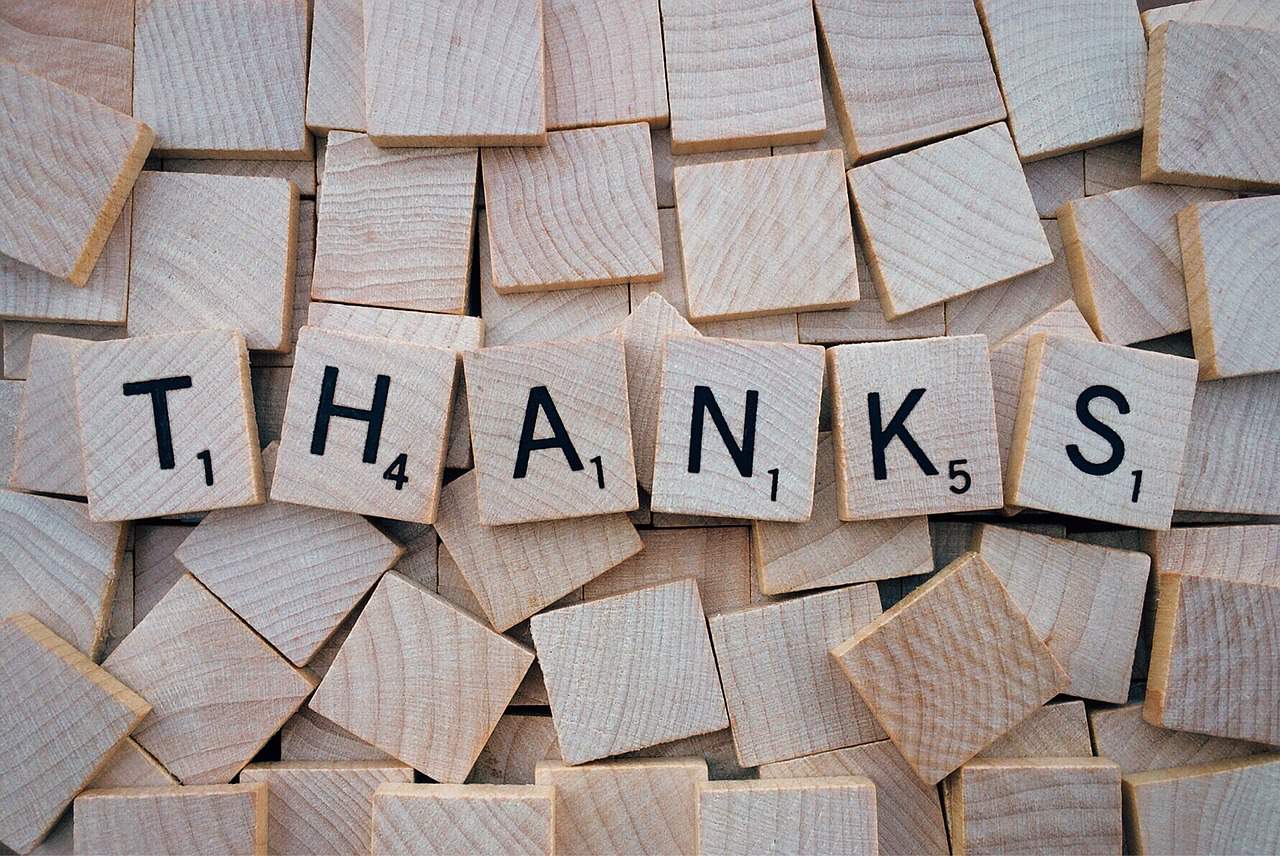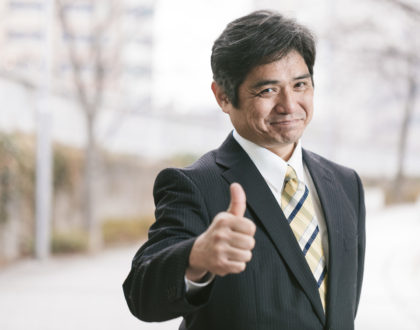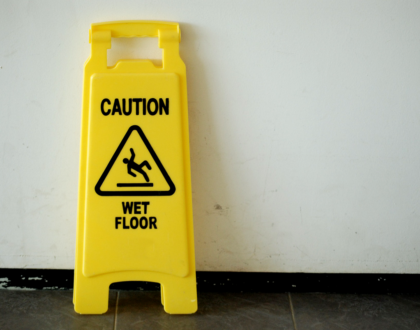When to Say Thank You at the Japanese Office

by Madelaine
That Japanese people are polite is common knowledge. What some may not be aware of is that while most Japanese will forgive a few slurs in your keigo, not being conscious of what is considered good manners can put a serious dent in your image.
A simple thank you can be the key to leaving a good impression and improve relations with co-workers, clients, and customers.
I hear my Japanese coworkers say it all the time. It doesn’t need to be anything big, someone finished a task on time, rescheduled a meeting at your request, told you something of interest – say thank you to show your appreciation. Below I describe some common occasions with the basics on the when and how.
コンテンツ
1. Say thank you on the spot
Whether at a meeting, drinking after work, after someone helped you with a task or reports something to you, a simple お疲れ様です and ありがとうございました at the end will do wonders.
Of course, you do it with clients, but it is polite to also say it to coworkers.
At the office, say thank you often and freely. Someone once told me, that there would not be a single person in the world you can offend by saying thank you. You might hear Japanese people say thank you in situations you deem unnecessary, but give it a try yourself!
2. Say thank you per mail or messenger
〇〇さん
〇〇の〇〇です。
本日は誠にありがとうございました。
(…)
引き続きどうぞ宜しくお願い致します。
After you parted ways, send a thank you message immediately.
I don’t know how you do it, but personally if I want to say thank you to a person I meet regularly like a coworker, I wait until the next chance to say it to them in person. I feel this is more polite than just sending a message.
The Japanese actually do both!
Whether it was an exchange in person or by mail, follow up with a thank you message asap. It doesn’t need to be long. Aside from saying thank you, name the occasion and something that left an impression on you. Maybe you want to thank that person for an advice they gave, or for their time, or pick up on a topic you talked about. 感想(かんそう)is the word Japanese would use for this type of reflection.
Thank you notes are not limited to clients. When dealing with clients this is a great way to follow up, and with coworkers it shows your gratitude. Especially if the person in question is your superior or someone from another departments.
These short messages will boost your business relationships, and make it easier to contact that person later when you need their help with something.
3. Say thank you when you meet again
先日は誠にありがとうございました。
せんじつはまことにありがとうございました。
With clients and people from other departments you might want to thank them at the start of the meeting for the last time you met, documents they sent, or them coming all the way to meet you.
Another important case: Seeking someone out to convey your thanks in person. Imagine your boss paid for your expenses at an after-work event. In this case, the appropriate thing to do would be to also go see them on the next day to thank them again.
You will see a lot of people do this before and after new year’s, thanking people they worked together with and wishing them a happy new year. Fewer people will also do it before and after vacations with clients, bosses and coworkers from other departments, they cooperate with frequently.
Basically, if you are grateful don’t be shy and convey your thanks. One time, two coworkers from another department came all the way to thank me in person, just because they asked me to reschedule a meeting for the next day.
This third stage can also be used as a way of small talk when running into a person in the elevator or somewhere.
4. Checklist: when to say thank you
Here a list of some occasion where it is advisable to pull out more than the casual thank you on the spot.
- ✔ When dealing with clients or partners, go through all stages.
- ✔ Someone paid for you on any occasion, triple thank you.
- ✔ Your boss talks with you during after-work events, send a follow up note about memorable conversation points (something you learned etc.)
- ✔ Someone went out of their way, rescheduled their own things to help you.
- ✔ If someone did you a favor, but you don’t communicate in person, be sure to thank them when you meet again.
- ✔ Generally, show gratitude to people higher up.
- ✔ Thank people even for small favors, finished tasks, time or help given.
5. “Thank you” small talk
I never really noticed it before coming to Japan, but showing your gratitude is a great way to start a conversation. People who can address someone on a personal issue instead of the weather are remembered positively. A little sign of appreciation goes a long way in greasing your relationships. Even if you are not an outgoing person, try elevator talks by referring to a task, event or something else.
To learn the in’s and out’s of saying thank you in Japan put your people watching skills to good use and observe how your coworkers are doing it. You will hardly go wrong with mimicking them.
Recommended Posts

How to Get Along with Your Japanese Boss
25 5月 2021 - Work, Working Culture

The 10 Most Popular Japanese Companies in 2021
19 5月 2021 - Work

